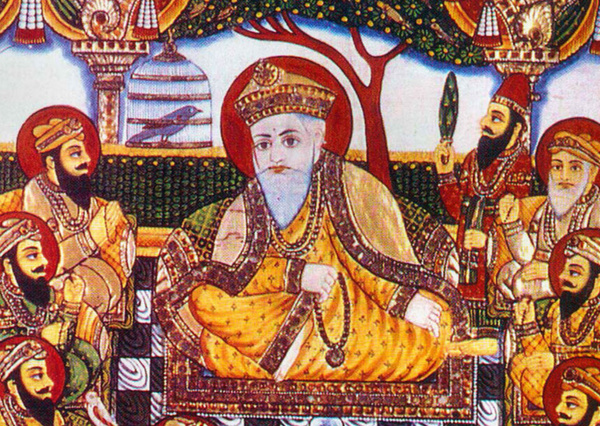VOICES AND SPIRITUALITY
Here, we explore some key aspects of spiritual voices, and how spirituality can help people who find their voices distressing. We also look at the ways in which voices have been understood and represented in different religious and spiritual contexts, ranging from ‘hearing the voice of God’ in charismatic Christian communities and the role of voices in Shamanic traditions, through to contemporary cases of ‘mediumship’ – i.e. communication with the deceased.

Definitions and distinctions
While definitions vary, most people understand spirituality as concerned with connection, meaning and purpose in life:
Spirituality is a distinctive, potentially creative and universal dimension of human experience arising both within the inner subjective awareness of individuals and within communities, social groups and traditions. It may be experienced as relationship with that which is intimately “inner”, immanent and personal, within the self and others, and/or as relationship with that which is wholly “other”, transcendent and beyond the self. It is experienced as being of fundamental or ultimate importance and is thus concerned with matters of meaning and purpose in life, truth and values.
Religion is a narrower concept than spirituality. It usually refers to a system of faith which seeks to understand the world and our proper role in it. Religion may combine belief in gods or goddesses, sacred myths, ethical values, and both personal and collective rituals. It offers a large set of resources, including spiritual practices, for understanding and making sense of experiences like voice-hearing. Importantly, many people see themselves as spiritual but not religious.
Voices can be understood as spiritual or religious in a variety of ways. They may be understood as coming directly from Gods, demons, saints or angels. Or they may have significant spiritual content – for example, by conferring a spiritual mission or encouraging personal transformation. It is difficult to estimate the number of people who see their voices as spiritual, because spiritual interpretations of voice-hearing may exist alongside other explanations. People who hear spiritual voices may also be reluctant to come forward because of stigma.
The Welsh Hearing Voices Network have grouped together a wide range of resources exploring the link between voices and spirituality. You can explore these on their website here.
EXPLORE
Find out more
Read
Chris Cook (2017) ‘Speak, Lord: thy servant heareth’, The Church Times.
Chris Cook (2017), Voices immanent and transcendent, The Church Times.
John Watkins (2008), Hearing Voices: A Common Human Experience, Michelle Anderson Publishing.
Listen




